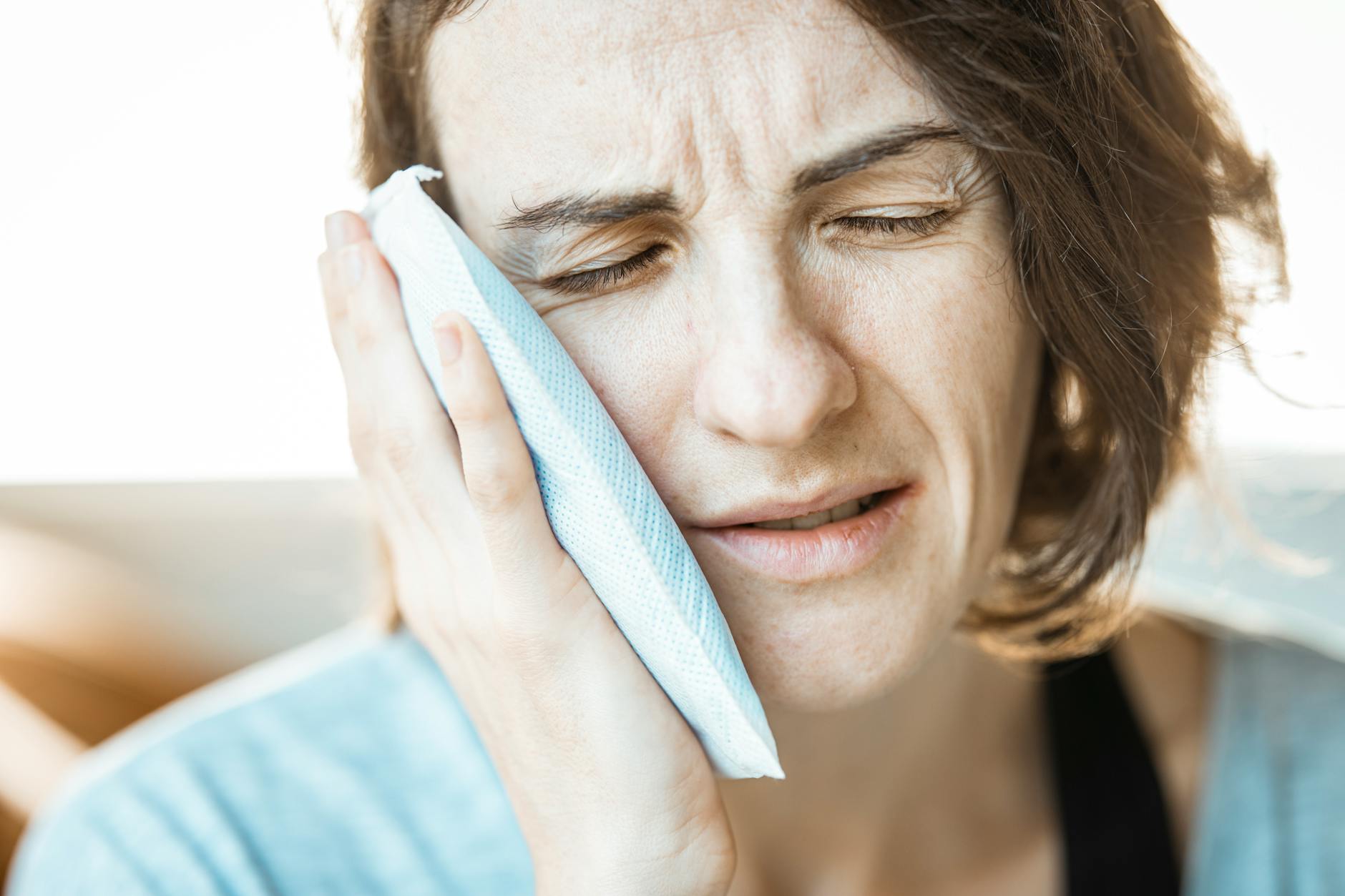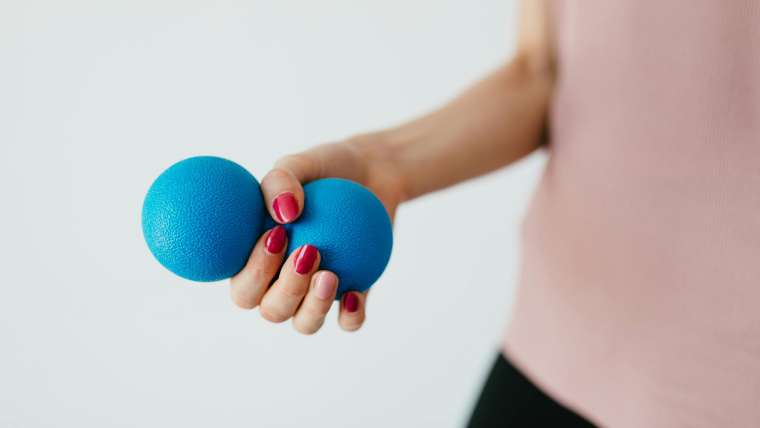Unlock the secrets to banishing cold sores for good! Discover the ultimate guide to reducing pain and discomfort naturally.
Table of Contents
Hello everyone! Are you tired of dealing with the pain and discomfort of cold sores? You’re not alone. Cold sores are a common viral infection that can be bothersome and unsightly. In this ultimate guide, we will explore everything you need to know about cold sores, including symptoms, causes, and treatment options. Say goodbye to cold sore misery once and for all!
Cold Sore Symptoms
Cold sores, also known as fever blisters, typically appear as small, fluid-filled blisters on or around the lips. These blisters can be painful and may break open, forming a crust or scab. Other common symptoms of cold sores include a tingling or burning sensation before the blister appears, itching, and swelling. In some cases, individuals may also experience fever, headache, and swollen lymph nodes.
Causes of Cold Sores
Cold sores are caused by the herpes simplex virus (HSV). There are two types of HSV that can cause cold sores: HSV-1 and HSV-2. HSV-1 is the most common cause of cold sores and is typically transmitted through close personal contact, such as kissing or sharing utensils. Once a person is infected with HSV-1, the virus remains dormant in the body and can be triggered by factors such as stress, illness, hormonal changes, and sun exposure.
Treatment Options for Cold Sores
While there is no cure for cold sores, there are several treatment options available to help alleviate symptoms and promote healing. Over-the-counter antiviral creams, ointments, and patches can help reduce pain, itching, and redness associated with cold sores. Oral antiviral medications may also be prescribed by a healthcare provider for more severe cases.
| Stage | Treatment | Description |
|---|---|---|
| Stage 1: Tingling or Itching | Antiviral Creams | Apply antiviral cream like Abreva at the first sign of tingling or itching to help prevent the cold sore from fully developing. |
| Stage 2: Blisters Forming | Ice Pack | Apply an ice pack to the area to reduce inflammation and numb the pain. Avoid touching or picking at the blisters. |
| Stage 3: Ulcer Formation | Over-the-counter Pain Relief | Take over-the-counter pain relief medication like ibuprofen to help manage the discomfort. |
| Stage 4: Crusting and Healing | Protective Ointment | Apply a protective ointment like petroleum jelly to keep the area moisturized and promote healing. |
| Prevention | Sunscreen | Use sunscreen on your lips when exposed to the sun to help prevent cold sore outbreaks triggered by UV rays. |
In addition to medication, there are some home remedies that may help speed up the healing process and provide relief from cold sore symptoms. Applying a cold compress, using lip balms with SPF to protect against sun exposure, and avoiding triggers such as stress and excessive sun exposure can all help prevent cold sore outbreaks. Eating a healthy diet, getting enough rest, and managing stress can also support overall immune health and reduce the frequency of cold sores.
Conclusion
Don’t let cold sores get you down! With the right knowledge and treatment approach, you can effectively manage and reduce the discomfort of cold sores. Remember to consult with a healthcare provider if you have frequent or severe outbreaks, as they may recommend additional treatment options. By taking proactive steps to care for your skin and overall well-being, you can say goodbye to cold sore pain and discomfort once and for all. Here’s to healthy, happy lips!
FAQ
Can cold sores be prevented?
While cold sores cannot always be prevented, you can reduce your risk by avoiding triggers such as stress, sun exposure, and sharing personal items like utensils and lip balm with others.
Are cold sores contagious?
Yes, cold sores are highly contagious, especially when the blisters are present. Avoid kissing and sharing items when you have an active cold sore to prevent spreading the virus.
How long does a cold sore last?
Cold sores typically last between 7 to 10 days, with symptoms improving as the blister heals. Using treatment options can help speed up the healing process and alleviate discomfort.
Is it safe to pop a cold sore blister?
It is not recommended to pop a cold sore blister as it can increase the risk of infection and slow down the healing process. Allow the blister to heal naturally and refrain from picking or touching it.





